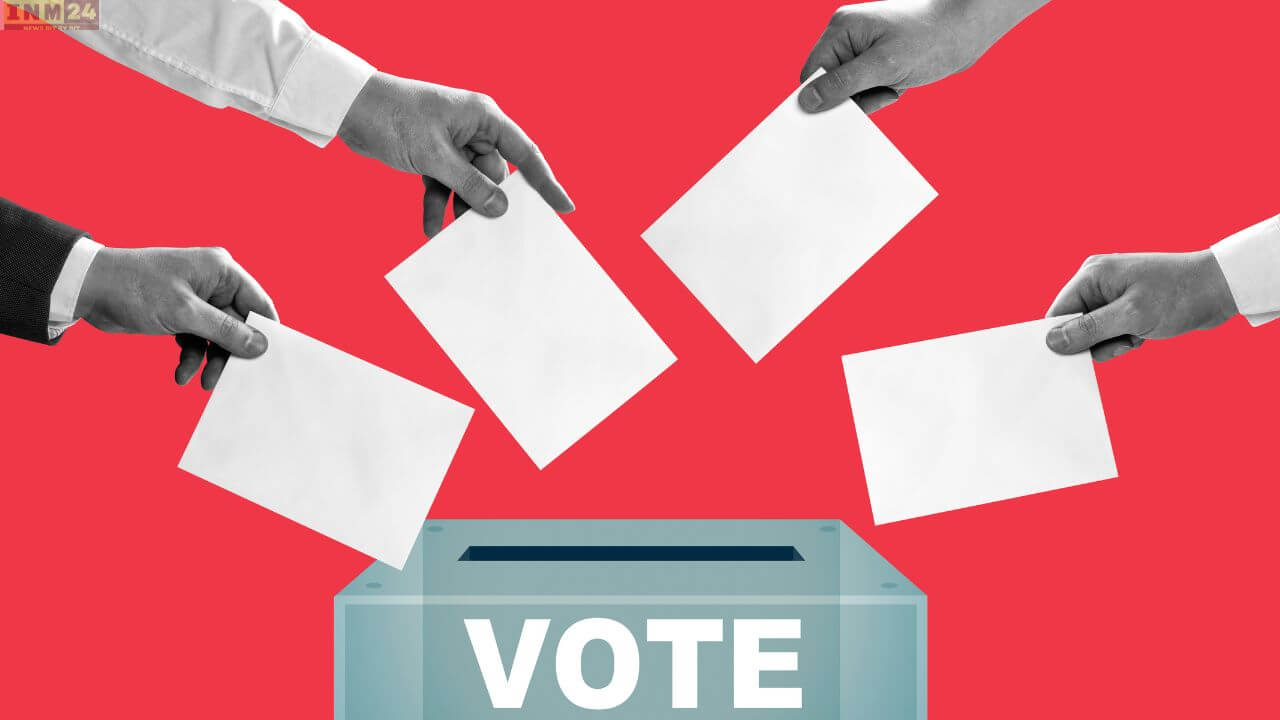Despite the passage of the bill reserving 33% of seats for women in Lok Sabha and state legislative assemblies, political parties have been observed to show reluctance in granting tickets to women candidates. This report sheds light on which party has given more prominence to women and how the landscape has changed after the passage of the bill.
Preparation for the Lok Sabha elections 2024 is underway with great fervor
However, this time, much emphasis is being placed on women in the electoral arena. Discussions about schemes for women by political leaders are being widely heard. This trend is influenced by the increasing awareness among women voters. Over the past few years, women have been showing more interest in elections, such as in panchayat and Lok Sabha polls.
Now, political parties face the challenge of bringing women to the forefront. During this time, they are busy discussing women-centric issues. They are making big promises, but it remains to be seen which major parties have given tickets to women candidates.
Despite the passage of the bill, political parties have turned a blind eye to women candidates, as revealed by recent data issued by the Election Commission. In the first phase of the Lok Sabha elections 2024, there are 1,625 candidates competing in 102 constituencies on April 19. Among them, only 134 candidates are women, accounting for just 8% of the total candidates.
In fact, despite the bill
The BJP has announced candidates for 417 parliamentary seats, of which only 68 are women. This means that the BJP has shown confidence in only 16% of women candidates this time. Previously, in 2009, 45 women, in 2014, 38, and in 2019, 55 women candidates were fielded by the BJP.
However, these figures indicate that while the BJP has made efforts to increase women’s participation, there is still room for improvement. Notable women candidates such as Navneet Rana, Malavika Devi, and Kriti Singh Deo Barma are mentioned here. Most of these candidates are associated with political families.
